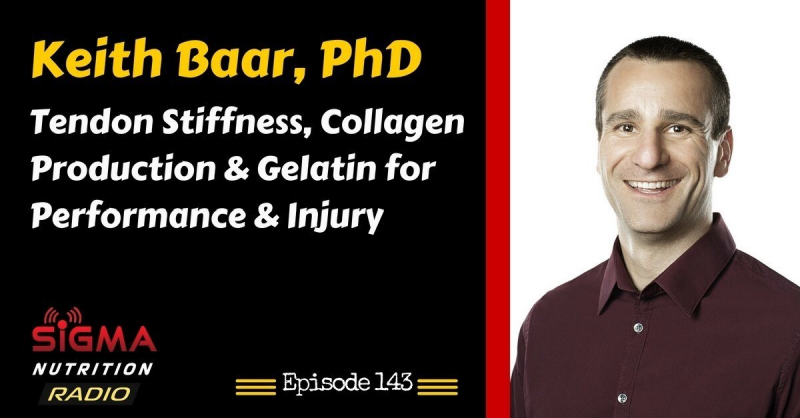|
|
|
|


A small 2016 study came up with a simple protocol to accelerate ligament, tendon and bone repair. Many other studies have explored the use of vitamin-C for enhancing collagen production, but the protocol used in this one is very specific involving nutrient timing, exercise and careful preparation. In particular the vitamin-C (ascorbic acid) must not be heated in order to be effective. Also the exercise is timed to match peak branch chain amino acid levels which occured one hour after consumption.

Treatment Protocol
The treatment protocol used in the 2016 study was a combination of gelatin, vitamin C and exercise. Multiple blood and collagen samples were taken from participants and a sweet spot of 15 grams of gelatin showed significantly more collagen production than the placebo or pre-treatments values.
Jumping rope is ideal for ankle, knee and wrist issues. The idea is to exercise the compromised area that you would like to build collagen in so that the nutrients are directed to that location. A different workout might be needed to exercise other parts of the body and direct nutrients appropriately.

Podcast
Dr. Keith Baar has been featured on many different podcasts for his involvement in the 2016 Vitamin C-enriched gelatin study. He explains in this episode how his research can be applied to sports injuries by reducing recovery time. Over 50% of sport related injuries are due to sprains, strains and breaks of musculoskeletal tissue.

Episode 143: Muscle physiology researcher Dr. Keith Baar from the University of California at Davis is on the show to discuss his teams work looking at nutrional and training strategies that can increase tendon stiffness, hence playing a role in injury prevention and the recovery process from tendon/ligament ruptures and bone/cartilage damage.
- The high rate of injury in many sports is due to the fact that strength, power and speed are dependent on stiff connective tissues, which results in higher rates of injury to the attached musculature.
- Tendon stiffness is dependent on collagen content and the amount of crosslinks within the collagen
- What actually increases and decreases the amount of these collagen crosslinks? – Training modalities and nutritional protocols
- Eating gelatin and vitamin C may promote greater collagen production, especially following a tendon/ligament rupture
- Athletes early in the process of recovery from soft tissue injury should be encouraged to perform three separate short training bouts (5-10 min) spaced 6 h apart throughout the day
- Incorporating gelatin prior to at least two of these recovery sessions may augment collagen synthesis in tendon, ligament, cartilage and bone, and accelerate return to play

Studies
|
|
|
| |